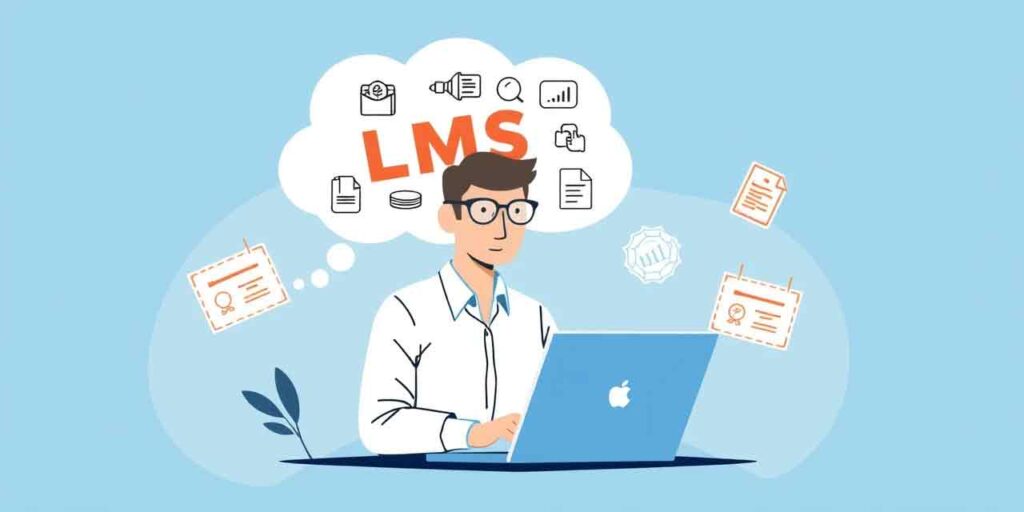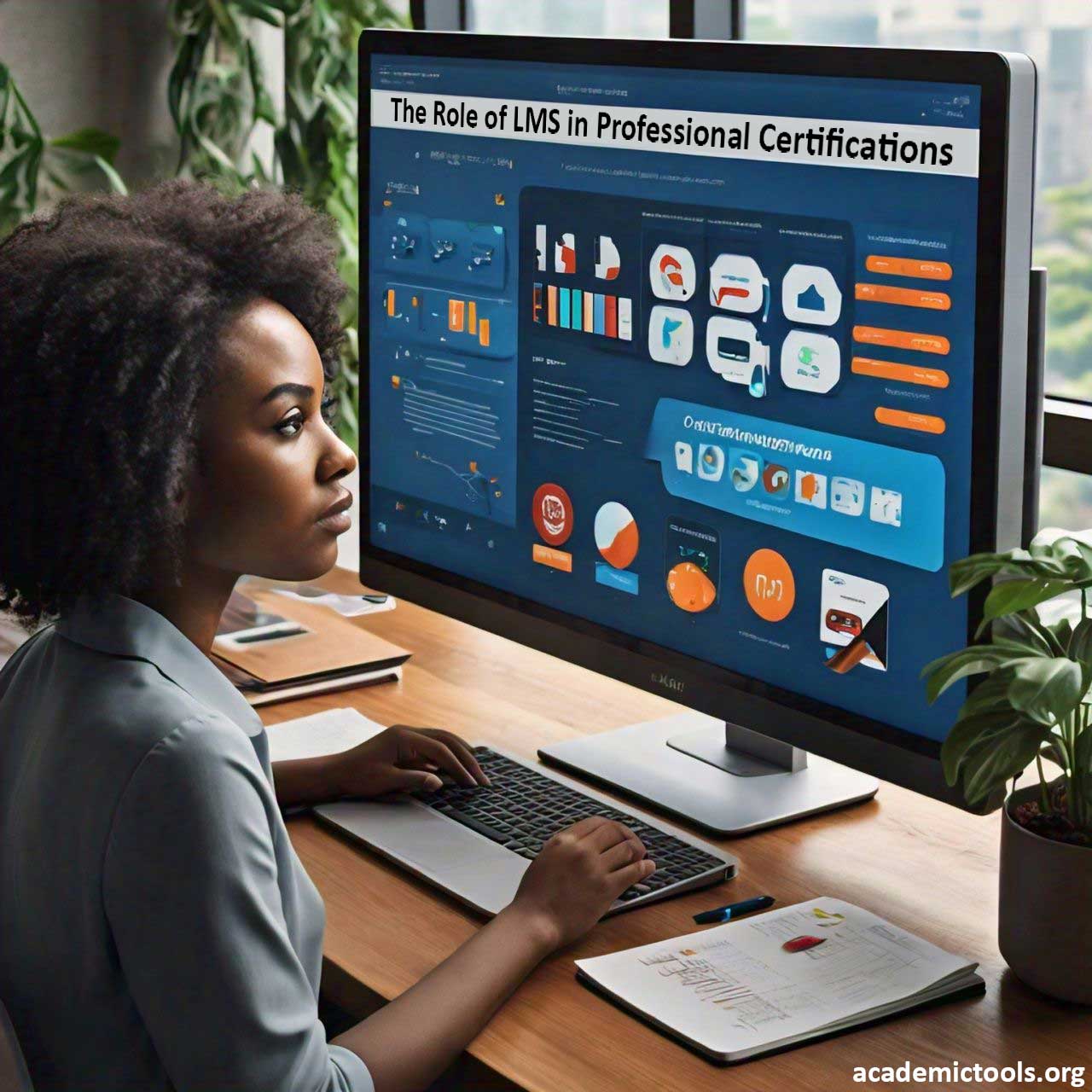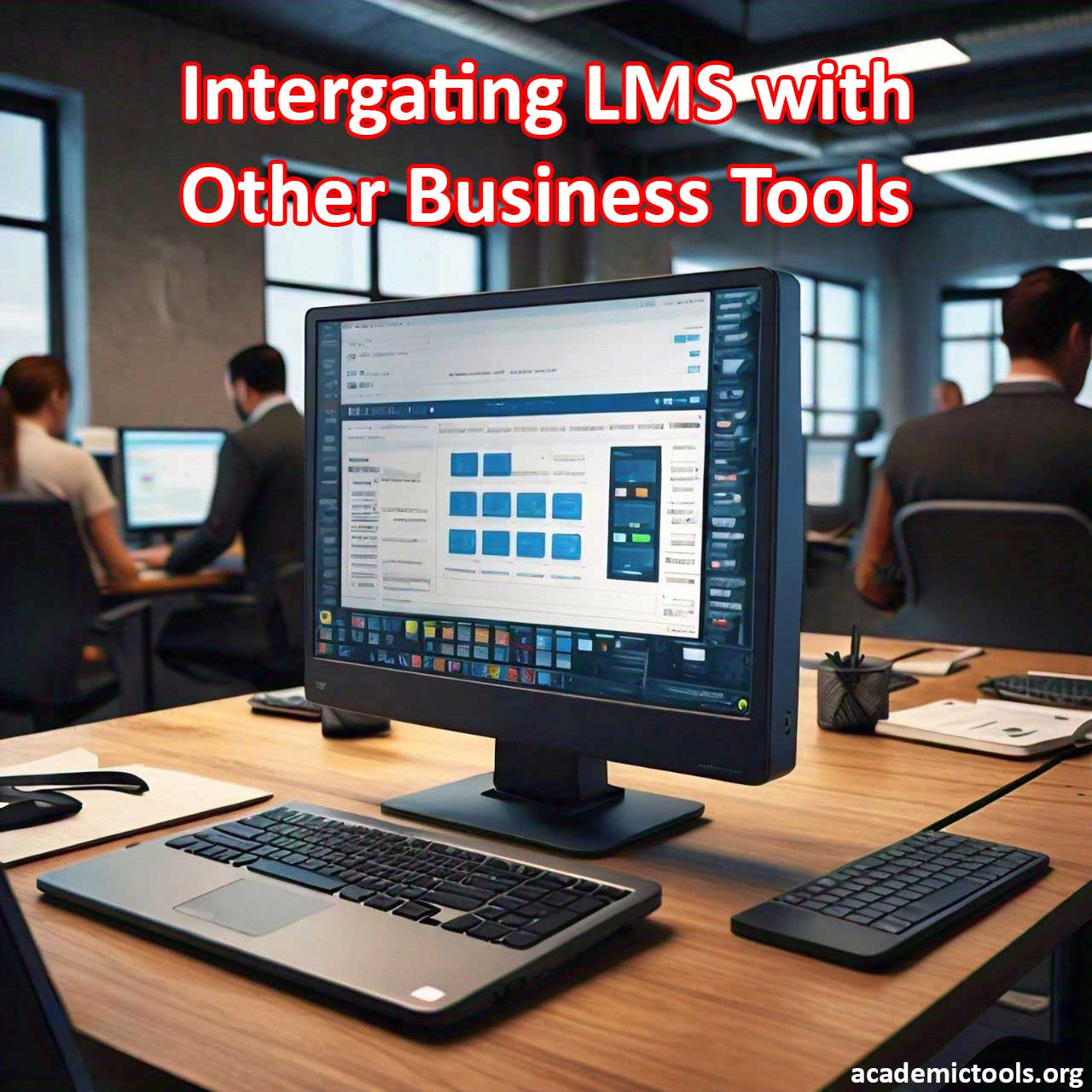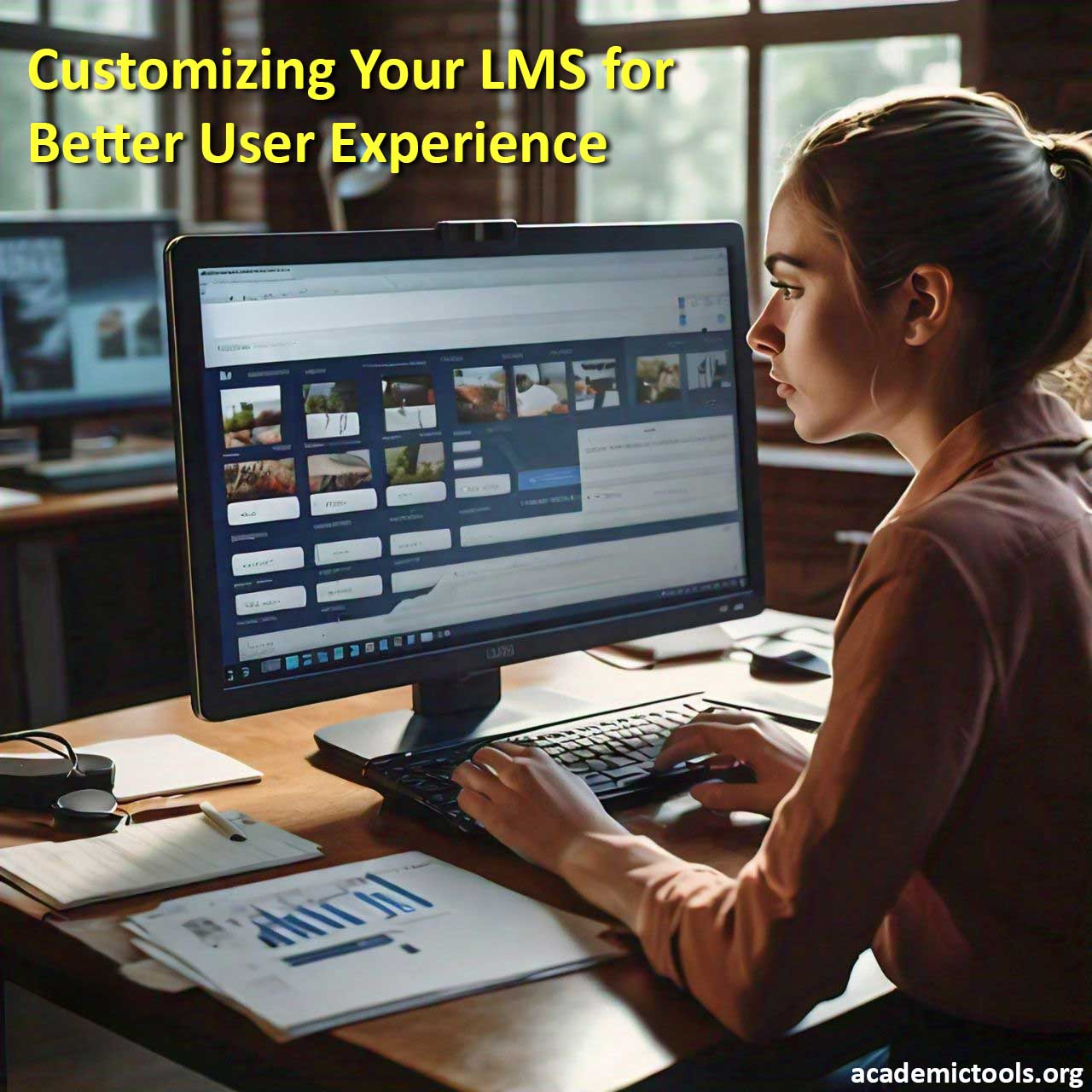In today’s competitive job market, staying ahead of the curve requires continuous learning and skill development. That’s where LMS certification programs come in – offering a structured path to career advancement and professional growth. But what makes these programs truly effective? The answer lies in the power of Learning Management Systems (LMS). In this blog post, we’ll explore the vital role LMS platforms play in delivering, managing, and tracking LMS certification programs, and uncover the benefits, key features, and best practices you need to know to get the most out of them.
Table of Contents
Understanding the Importance of Professional Certifications
Earning professional certifications is a game-changer for career growth and success. By validating an individual’s expertise and proficiency, certifications unlock doors to new job opportunities, higher salaries, and greater job security. In today’s competitive landscape, having the right certifications can be a major differentiator. That’s why it’s essential to have a robust system in place to manage and deliver LMS certification programs, ensuring a seamless and effective learning experience that sets professionals up for success.

Key Benefits of Using LMS for Professional Certifications
1. Convenience and Accessibility: LMS platforms provide 24/7 access to learning materials, allowing professionals to study at their own pace and on their schedule. This flexibility is especially beneficial for those juggling work, family, and other commitments.
2. Centralized Learning Environment: Imagine having all your learning materials at your fingertips, in one convenient location. An Learning Management System (LMS) makes this a reality, providing a centralized hub where learners can easily access lectures, readings, quizzes, exams, and more. This streamlined approach simplifies the learning journey, ensuring that learners receive consistent, high-quality content every step of the way – and making it easier to achieve their goals in LMS certification programs
3. Progress Tracking and Reporting: LMS platforms come equipped with robust tracking and reporting features. Learners and administrators can monitor progress, track completion rates, and identify areas needing improvement. This data-driven approach helps in making informed decisions about training and development.
4. Cost-Effectiveness: Taking certification programs online can be a cost-effective game-changer for organizations. By leveraging LMS platforms, you can significantly reduce expenses associated with traditional in-person training, such as travel, accommodations, and venue rentals. Plus, with digital materials and resources, you can say goodbye to the costs of printing and physical storage – making it easier to allocate budget to what matters most: delivering high-quality LMS certification programs that drive real results.
5. Scalability: LMS platforms can easily scale to accommodate a growing number of learners. Whether you have a small group or thousands of participants, an LMS can handle the volume without compromising on the quality of education.
6. Personalized Learning Paths: Imagine a learning experience tailored specifically to your needs, skills, and learning style. Advanced LMS platforms make this possible by creating personalized learning paths that adapt to individual learner profiles and progress. By catering to each learner’s unique requirements, these customized paths not only enhance engagement and motivation but also significantly improve knowledge retention – helping learners to truly absorb and apply what they’ve learned in LMS certification programs.
Essential LMS Features for Professional Certifications

1. Certification Management: The LMS should have a robust certification management system to issue, track, and renew certifications. Automated notifications for renewal deadlines ensure that professionals maintain their credentials.
2. Assessment Tools: Evaluating learner proficiency requires a comprehensive approach. That’s why robust assessment tools, such as quizzes, exams, and practical assignments, are essential. A versatile LMS should offer diverse question types and provide instant feedback, empowering learners to track their progress and identify areas for improvement in LMS certification programs.
3. Interactive Content: To keep learners engaged, the LMS should offer interactive content such as videos, simulations, and gamified elements. Engaging content enhances learning outcomes and retention.
4. Mobile Compatibility: With the increasing use of mobile devices, the LMS must be mobile-friendly, allowing learners to access courses from smartphones and tablets.
5. Integration Capabilities: For a truly efficient learning ecosystem, your LMS should play nicely with other systems, such as HR software and CRM tools. Seamless integration streamlines administrative tasks, ensures data consistency, and frees up valuable time for what matters most – delivering exceptional LMS certification programs and supporting learner success.
6. Compliance and Security: Given the sensitive nature of professional certifications, the LMS must comply with industry standards and regulations. It should also ensure data security and privacy.
Best Practices for Utilizing LMS in Professional Certifications

1. Define Clear Objectives: Before launching your certification program, define its purpose and vision. Identify your ideal learners, outline the skills and knowledge they’ll gain, and determine how you’ll measure success. This clear direction will serve as your North Star, guiding every aspect of your LMS setup and course design to ensure your LMS certification programs hit the mark.
2. Engage Learners: Use a mix of content types and interactive elements to keep learners engaged. Incorporate real-world scenarios and practical applications to make the learning relevant.
3. Provide Support and Resources: Ensure that learners have access to support resources, such as discussion forums, live chats, and help desks. Timely support can significantly enhance the learning experience.
4. Regularly Update Content: Stay ahead of the curve by keeping your course content fresh and relevant. Regular updates ensure that learners receive the latest insights, trends, and best practices from the industry, making your LMS certification programs a go-to destination for professionals seeking cutting-edge knowledge and skills.
5. Solicit Feedback: Listening to your learners is key to creating truly exceptional LMS certification programs. Collect feedback through surveys, polls, and one-on-one conversations to gain valuable insights into what’s working and what areas need refinement. By doing so, you’ll be able to make data-driven decisions, identify blind spots, and continuously enhance your LMS certification programs to meet the evolving needs of your learners.
6. Leverage Analytics: Utilize the analytics and reporting features of your LMS to monitor learner progress and program effectiveness. Use this data to make informed decisions and adjustments.
Conclusion
The impact of Learning Management Systems (LMS) on professional certifications is undeniable. By harnessing the power of LMS, organizations can deliver comprehensive, flexible, and scalable certification programs that drive real results. To unlock the full potential of LMS, explore the essential features and best practices outlined by industry experts, such as those at eLearning Industry. By doing so, you’ll be well on your way to creating certification programs that engage, inspire, and empower learners to succeed.



